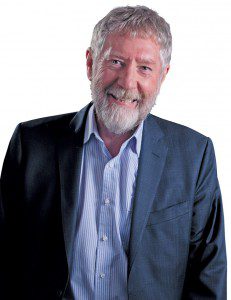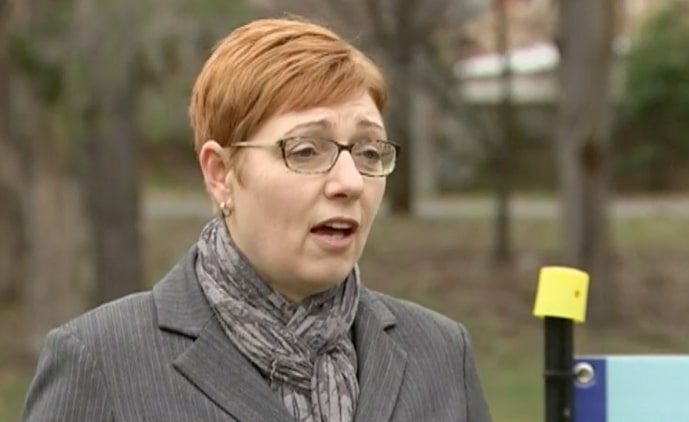QUESTIONS over the management of Bimberi, the youth correction facility, raise a wide range of complex issues.

The NT’s Don Dale detention centre along with Barwon and Cleveland make the issue particularly sensitive. In the context of those revelations it is difficult in the ACT not to jump to similar conclusions and to sensationalise the issues.
Opposition Leader Alistair Coe has been strident in his demands for action and critical of the government response. This is the job of an opposition. He sees it as “a real failure of leadership” citing “a systemic and cultural problem”. However, the executive director of Child and Youth Protection Services, Dr Mark Collis, defends the facility. He argues that the issues raised were from a previous era and have been addressed. He emphasises the point by calling on anyone with further allegations to come forward.
As Mahatma Gandhi expounded: “The true measure of any society can be found in how it treats its most vulnerable members”.
Managing people who are incarcerated is one of the most difficult tasks in our community. On the one hand, there is a community expectation that people who are detained, for whatever reason, will abide by the rules and regulations of the facility. On the other hand the people incarcerated are there because they have flouted the law, ignored community standards and ignored the rules and regulations of the broader community.
The community expects correctional staff to keep control, ensure the punishment is carried out appropriately and that prisoners are rehabilitated to move safely back into the community. People outside the corrections community only think about the role of corrections officers when something goes wrong, such as a prisoner escape, allegations of misuse of power or a serious injury.
In 2011 I visited prisons in Europe at the behest of the ACT government to determine the most effective way of implementing a Needle and Syringe Program (NSP) in the ACT. The initiative of now Senator Katy Gallagher has not been successful largely due to resistance from ACT correctional officers.
The irony for me is that corrections officers in every one of the prisons with NSP programs argued that the relationship with prisoners improved remarkably after the introduction even though warders had invariably opposed the introduction. This is why they had become strong supporters. One of the warders suggested to me that the prisoners realised that the act of putting the health of those inside as the highest priority was a catalyst for the change. The following year I heard a similar story from prison authorities in Iran.
As part of managing concerns, Bimberi management has the ACT Human Rights Commission advising them on the most effective way to manage more difficult detainees. The commission is due to report later this year on some of the allegations including racist prods and accusations of supply of alcohol and other drugs. These are allegations of great concern and need to be taken seriously.
The broader context also needs to be taken seriously by the community. It is time to ask why it is that a country such as Denmark can so effectively lower the percentage of people who are incarcerated? It’s facing issues of how to close prisons at the same time as Australia seems hell bent on exponentially increasing the numbers of people in prison. And this is despite the average cost of close to a hundred thousand dollars per prisoner per year.
The reality is that hardening attitudes, debates over who can be toughest on crime, knee-jerk reactions that increase penalties to be seen to take action after every minor crisis and the increasing rate of disparity between the “haves” and the “have nots” all feed into a larger and larger prison population.
Better relationships fostered in an atmosphere of respect are an important key to better outcomes. This means mutual respect between prisoners and staff, respect for human rights and respect for the law in that the punishment is restricted to deprivation of liberty. Dr Collis has argued that huge progress has been made since the original 2011 allegations. Let’s hope the Human Rights Commission report verifies the claim.
Michael Moore was an independent member of the ACT Legislative Assembly (1989 to 2001) and was minister for health
Who can be trusted?
In a world of spin and confusion, there’s never been a more important time to support independent journalism in Canberra.
If you trust our work online and want to enforce the power of independent voices, I invite you to make a small contribution.
Every dollar of support is invested back into our journalism to help keep citynews.com.au strong and free.
Thank you,
Ian Meikle, editor




Leave a Reply